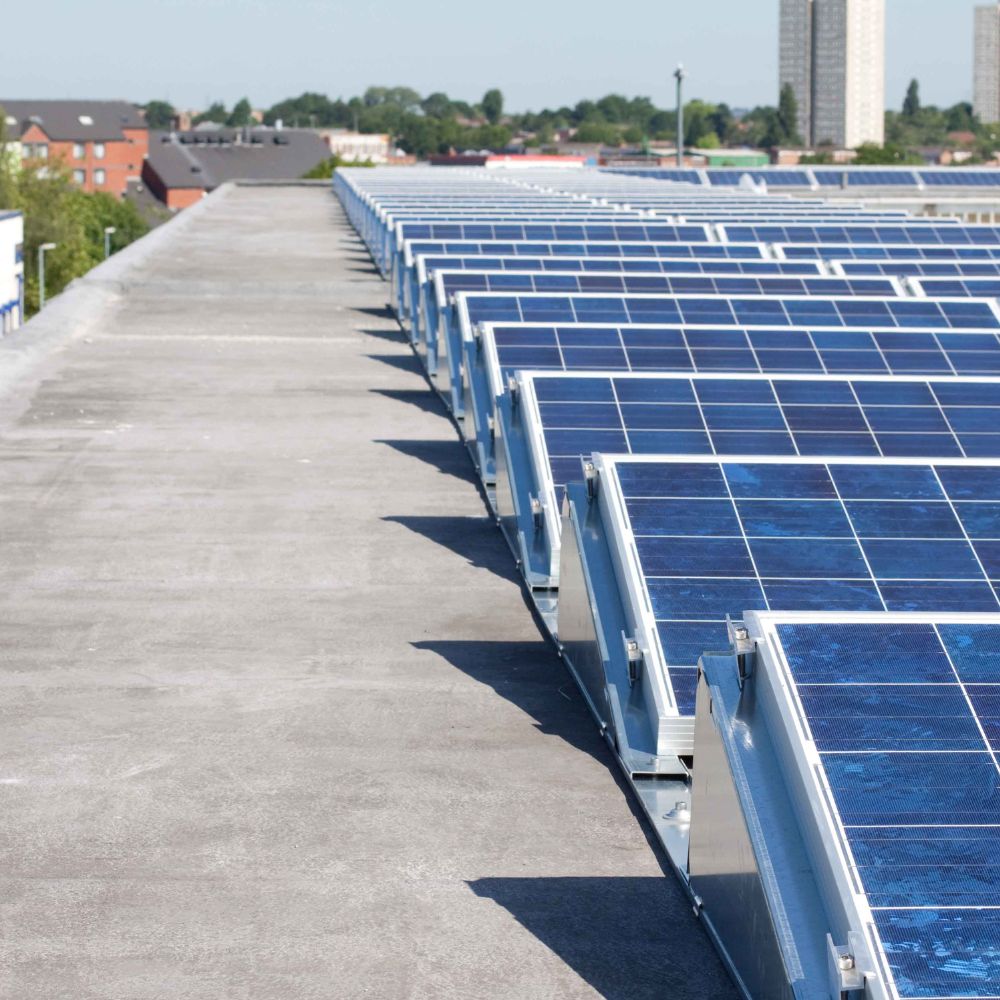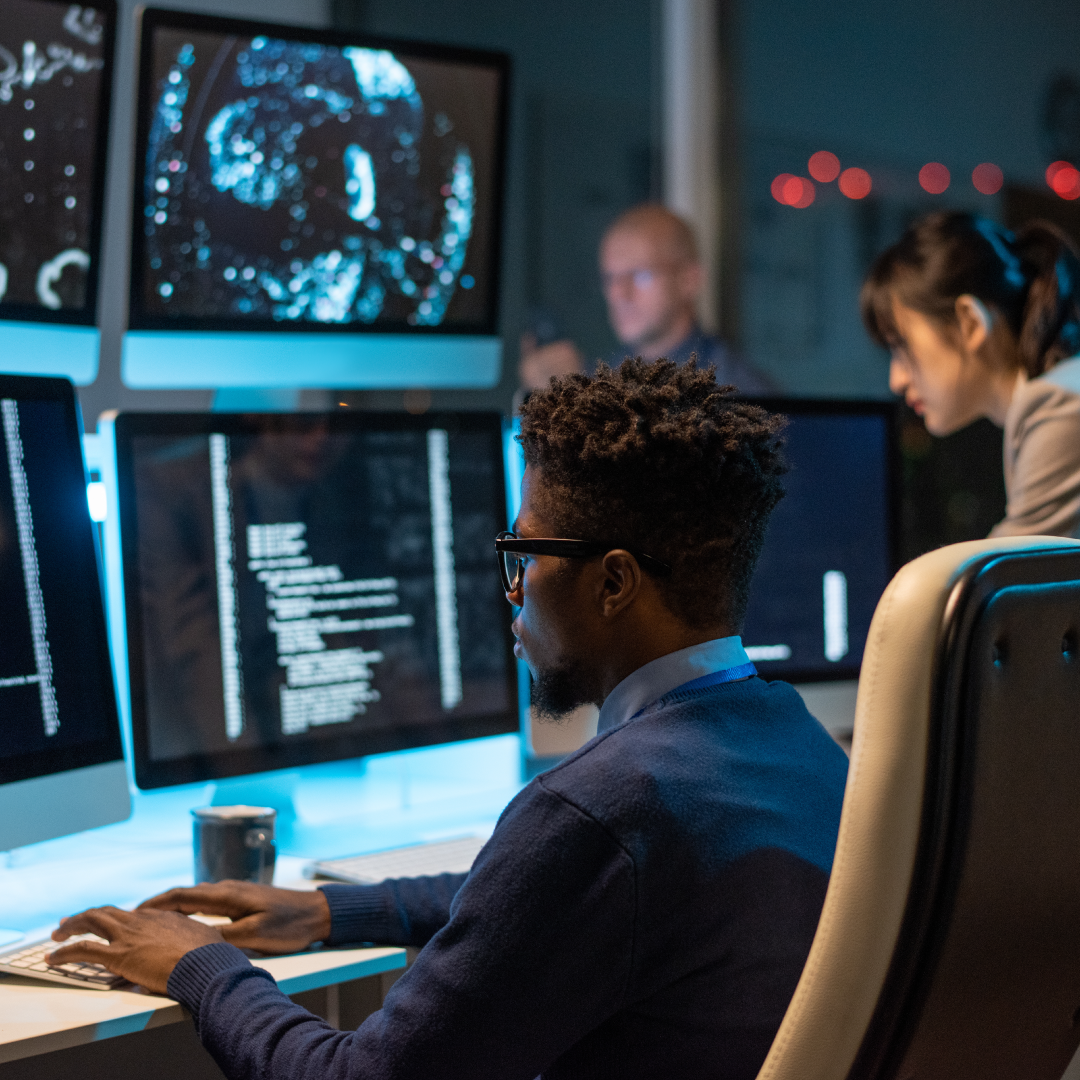The Role of Maintenance in Commercial Solar Systems
2024-06-20 15:33:13

In recent years, the adoption of solar energy in commercial settings has experienced exponential growth. Businesses increasingly recognise the advantages of transitioning to renewable energy sources, fueling this surge with both environmental concerns and economic benefits.
However, amidst the excitement of harnessing clean and sustainable power, the critical aspect of maintenance often takes a backseat. Yet, the truth remains: maintenance is the cornerstone of ensuring the long-term performance and viability of commercial solar systems.
1. Maximising Efficiency:
Commercial solar systems efficiently convert sunlight into electricity through their design. However, over time, various factors such as dust accumulation, shading from nearby structures or foliage, and weathering can impede their performance. Regular maintenance, including cleaning of solar panels, ensures that they operate at peak efficiency, maximising the energy output and thus the return on investment for businesses.
2. Prolonging Lifespan:
Like any other sophisticated technology, solar panels degrade over time. However, proactive maintenance practices can significantly extend their lifespan. Routine inspections allow for the detection and rectification of minor issues before they escalate into major problems, ultimately prolonging the overall lifespan of the system.
3. Safeguarding Investments:
The installation of a commercial solar system represents a substantial financial investment for any business. Neglecting maintenance not only jeopardises this investment but can also lead to unexpected downtime and repair costs. By implementing a structured maintenance plan, businesses can safeguard their investments and mitigate the risk of unforeseen expenses.
4. Ensuring Safety & Compliance:
Safety is paramount in any commercial setting, and solar installations are no exception. Faulty wiring, loose connections, or damaged components pose not only a safety risk to personnel but also a liability to the business. Regular maintenance not only ensures the safe operation of the system but also helps businesses remain compliant with relevant regulations and standards.
5. Optimising Performance Through Monitoring:
In addition to periodic maintenance, real-time monitoring of solar systems is becoming increasingly important. Advanced monitoring systems allow businesses to track performance metrics such as energy production, system uptime, and potential issues remotely. By leveraging this data, businesses can identify trends, optimise performance, and make informed decisions to further enhance the efficiency of their solar installations.
6. Environmental Impact:
From an environmental perspective, we cannot overstate the importance of maintenance. Maximising the efficiency and lifespan of commercial solar systems through proper maintenance directly contributes to reducing carbon emissions and mitigating climate change. By ensuring that solar systems operate at their full potential, businesses actively participate in the global effort towards a sustainable future.
Conclusion
While the installation of commercial solar systems marks a significant step towards sustainability and cost savings, the journey does not end there. Maintenance stands as a vital pillar in the long-term success of these investments.
By prioritising regular inspections, cleaning, and monitoring, businesses can maximise efficiency, prolong the lifespan of their solar systems, safeguard investments, ensure safety and compliance, optimise performance, and contribute to a greener future.
As the world increasingly turns towards renewable energy, embracing a culture of proactive maintenance is not just a choice but a necessity for businesses committed to sustainable growth and success.


